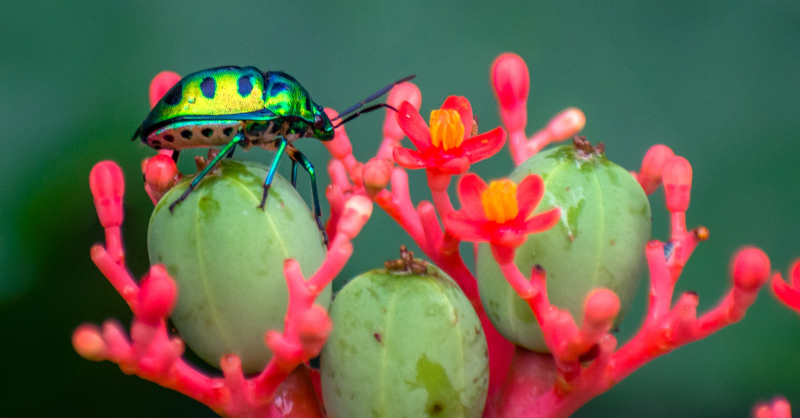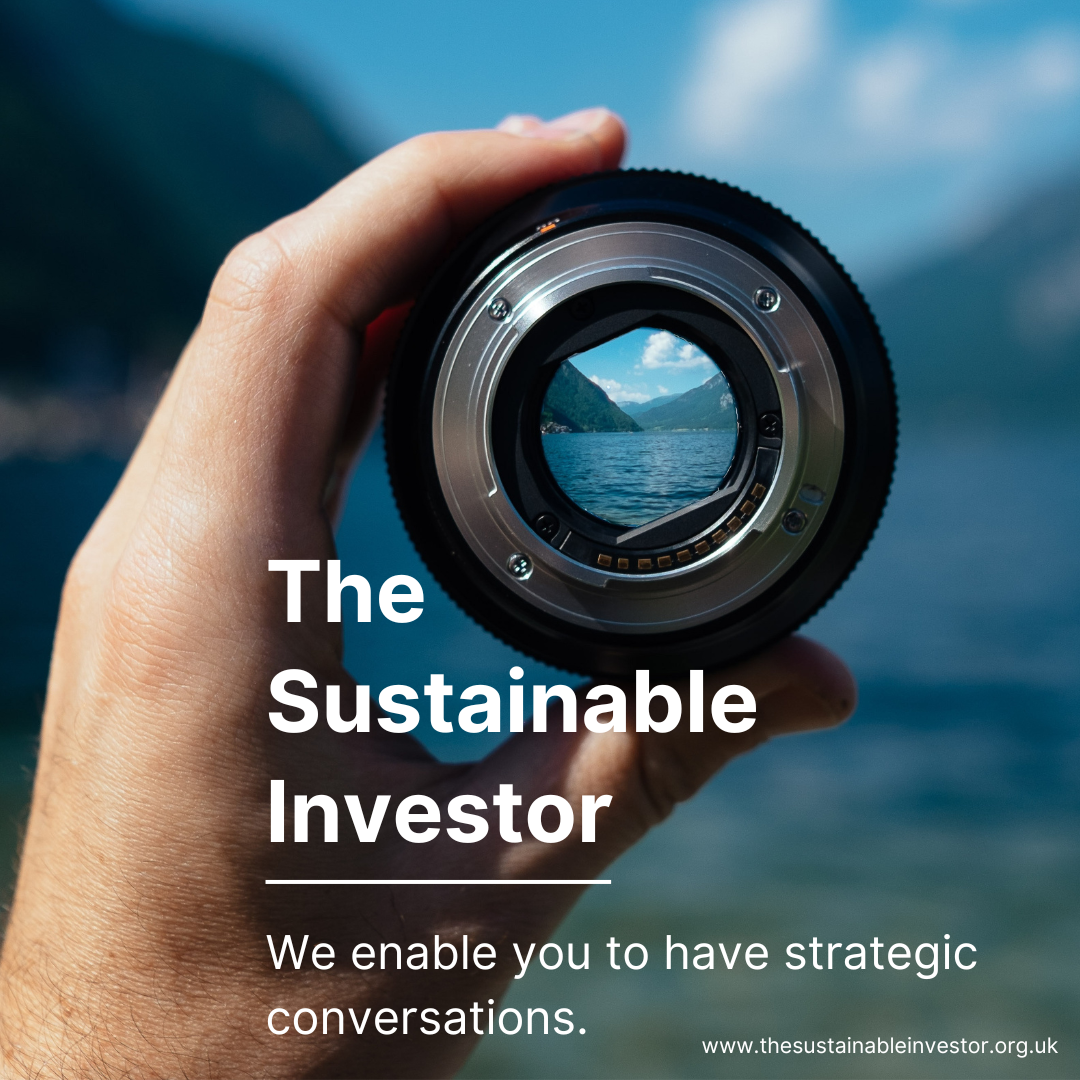
Why investors need to think about COP 15
The 15th Conference of Parties to the Convention on Biological Diversity, known as COP15, resulted in a long-anticipated Kunming-Montreal Global Biodiversity Framework (GBF), heralded as a Paris-style agreement for nature.
Summary: The 15th Conference of Parties to the Convention on Biological Diversity, known as COP15, resulted in a long-anticipated Kunming-Montreal Global Biodiversity Framework (GBF), heralded as a Paris-style agreement for nature. For environmentalists this was a big step forward, but for many investors ..... this was just another conference. After all how can a non binding agreement on biodiversity make a difference to my business or my investments? We think this thinking is short sighted.
Why this is important: Our expectation is that in a few short years this could be a really important issue for even the most cynical investor (& their legal/compliance department).
The big theme: Many investors are starting to see how the social, legal and regulatory changes around human rights are impacting their investing decisions'. What is less appreciated is that the issues around bio diversity are moving the same way. Companies and investors need to stay ahead of the curve on this. These are not just good corporate citizen topics anymore; they are becoming a critical driver for a company's long term financial success or failure.

The details
Summary of an article from the The Conversation
In the past six years more and more sophisticated studies have confirmed that although not all insect species are declining, many are in serious trouble. A 2020 compilation of 166 studies estimated that insect populations were on average declining globally at a rate of 0.9% per year. But the declines are uneven. And the decline includes so called pest insects, as well as the traditional "good" insects such as pollinators.
We are so used to considering insects as pests that it is tempting to think that, in a world with fewer of them, agriculture might prosper as never before. This new study reveals why that is not the case. The research suggests that beneficial species are more likely to decline than the pests that they feed on. As a result, farmers must end up either tolerating lower crop yields or use even more chemical insecticides to control pests, leading to still worse declines.
Let's take a look at why this is important...
Why this is important
Regular readers will know that we have argued for some time that issues like human rights and biodiversity should be a concern for all companies and investors. Before we move on, we are not lawyers, so nothing in this blog should be taken as reflecting a legal view or opinion. We are sustainability investors who are looking at how other similar issues have played out, and drawing what we see as sensible conclusions. So, with that caveat, why is biodiversity important for investors and companies ? This is not because they are the "right" thing to address, although that is clearly true - this is not just about values. Human rights and biodiversity are going to become a value (no "s") issue pretty quickly.
In an earlier blog on this topic we discussed the financial case for investing in biodiversity. The research quoted above from The Conversation partly fits in with this theme - for companies and investors exposed to agriculture, the loss of insects is rapidly becoming a financial issue. 👇🏾

But there is more for investors to think about than that - biodiversity could be coming to a court (or regulator) near you, and sooner than you might expect. This is a topic we will be writing on in an upcoming longer blog, with assistance and advice from the excellent team at the Commonwealth Climate and Law Initiative. They have already begun to explore the potential legal issues, including a detailed blog that addresses, among other issues, what this emerging landscape might mean for investors’ fiduciary duties? Today we want to focus on precedents (not the legal ones, the investment ones).
The obvious one is carbon emissions. Rising social pressure and an increasing wall of scientific research led to government action. Yes, progress was slow at first. The Intergovernmental Panel on Climate Change (IPCC) was established in 1989. And the first global agreement to reduce greenhouse gases, the Kyoto Protocol, was adopted in 1997. The real step forward was the Paris Climate Agreement in 2015. In that agreement, 197 countries pledged to set targets for their own greenhouse gas cuts and to report their progress. Now we have carbon pricing and more recently, increasing talk of carbon border adjustment measures. 👇🏾

Human Rights has taken a slightly different route. Here three strands of change have come together - a willingness of courts in some jurisdictions to take on cases where the alleged human rights breach took place elsewhere, an acceleration of human rights and environmental practices being enshrined in law, and a more activist approach being taken by some lawyers, including people such as Roger Cox, the lawyer who won the landmark case against Royal Dutch Shell. He was recently quoted as saying " I am expecting an avalanche of cases against the fossil fuel industry and related industries like the car industry". 👇🏾

We (remembering we are not lawyers) expect biodiversity to largely follow a mixture of the two routes, with a combination of social pressure, and activist legal actions, empowered by an increasing willingness of governments to create a a new legal context. Which is where COP 15 comes in. As the Commonwealth Climate and Law Initiative points out in a recent (excellent) blog on the key takeaways for corporates from COP 15, "although its not a legally binding international treaty, the GBF is designed to affect national laws, policies, regulations, and plans through national implementation measures as governments around the world seek to give effect to their commitments. Observers have noted that the targets in the GBF are accompanied by an “enhanced implementation mechanism”, which is modelled on the implementation framework under the 2015 Paris Agreement".
Something a little more bespoke?
Get in touch if there is a particular topic you would like us to write on. Just for you.
Contact us
Please read: important legal stuff.


